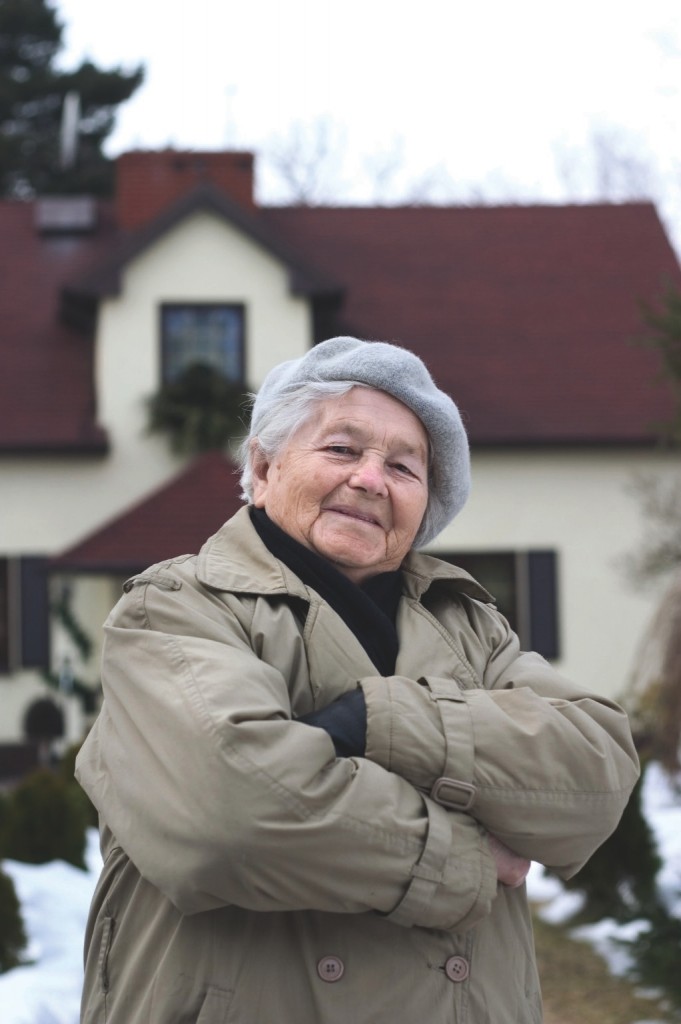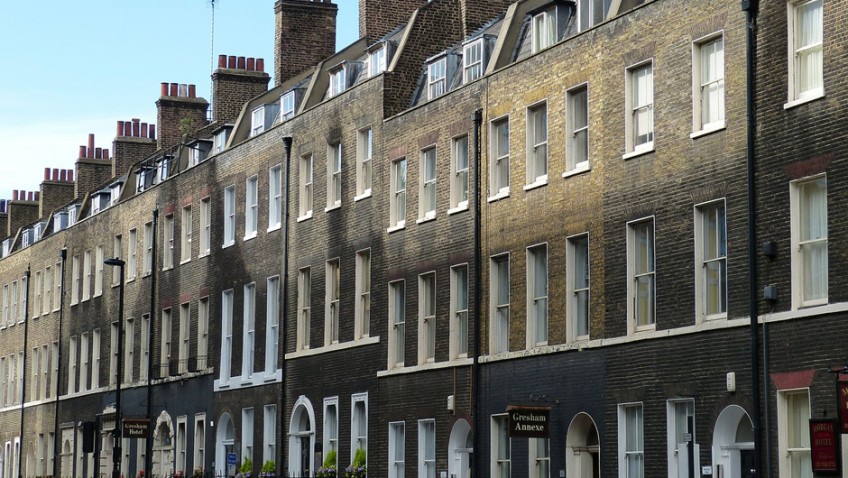A recent report from the Strategic Society has highlighted the impact of older owners in the housing market in the UK.
Alongside the research, the Centre has published ‘Open Plan’, a policy discussion paper that explores what the findings of the research mean for the different policy agendas around older homeowners: specialist housing and home adaptations; under-occupancy and housing supply; the use of housing wealth to fund retirement; and, housing wealth taxation and fairness.
 The rise of the older owner
The rise of the older owner
The UK is experiencing something unprecedented in its history: a large and expanding population of retired people who own their own home, with the value of their homes increasing steadily over time.
Indeed, the 2011 Census found that there were as many as 6.5 million people over 65 living in owner-occupied homes just in England compared to 5.3 million in 2001.
Rising life expectancy and the transition into retirement of the post-war ‘baby boomer’ generation are resulting in growing numbers of older people – and older homeowners – in both numerical terms and as a proportion of the population.
The ‘baby boomers’, many of whom benefitted from ‘right to buy’ policies of the 1980s, show unprecedented rates of owner-occupation: around 75% of all over-65s in England and Wales own their home. The UK has a higher percentage of retired people who are homeowners than in any other historical period.
House price inflation
Above-inflation increases in property prices in the UK have seen older homeowners amass unprecedented levels of property wealth as house prices have increased in the last 12 years by over 50%.
So should these homeowners be selling up and downsizing to release much needed property into the housing pool? This would also give the ageing owners more wealth to finance and enjoy their lives.
In 2011, the National Housing Federation estimated only around 5% of older people in England live in specialist retirement housing, not all of which was fit for purpose.
Research published by the Joseph Rowntree Foundation found that retirement housing makes up just 5-6% of all older peoples housing but that only around 105,000 (less than 20%) of retirement units are available for sale, the rest are rental. Over half the stock are one bedroom homes while two thirds are apartments and 60% are owned by a housing association. The limited supply of specialist housing for older homeowners restricts the options available.
The report found that around 80% of older homeowners wish to stay where they are. To some extent, older homeowners may be inhibited from moving by the lack of attractive alternative accommodation, as well as moving costs and the stress associated with moving.
Are you a homeowner who is considering moving for reasons of finance or disability? We are interested in finding out what you think.
The report argues the Government should:
- Increase the supply and take-up of specialist retirement housing – in the right locations;
- Tackle the barriers and costs of moving home for older homeowners;
- Tackle the affordability gap’ for older homeowners through partial/shared ownership and ‘Help to Buy’;
- Help older homeowners ‘downsize in place’.




